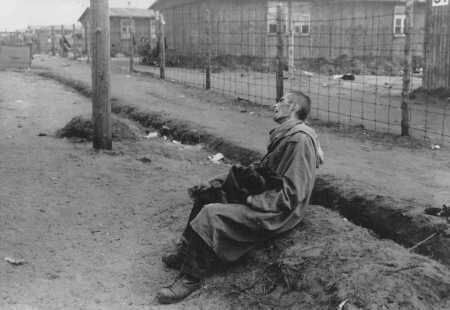Getting your Trinity Audio player ready...
Choco Leibniz, a German-Polish cookie company, has publicly apologized for exploiting a significant number of Jews as forced laborers during the Holocaust and failing to confront its "uncomfortable and painful" history sooner.
A recently published study revealed that the extent of this forced labor was more severe than previously known, prompting the company to issue an apology.
From 1940 to 1945, nearly 800 forced laborers were employed by the company. The Bahlsen family, known for producing the well-loved biscuit, expressed regret for not addressing this harsh truth earlier. "As a family, we never questioned how our company managed to survive World War II," they said.
Founded in the late 19th century, the company now sells its products in over 80 countries worldwide. During World War II, it used Jewish forced labor to produce food rations for German soldiers.
The Bahlsen family admitted that "our ancestors took advantage of the system during the Nazi era," calling the behavior "unforgivable."
The British Jewish newspaper The Jewish Chronicle reported that the research was commissioned by the Bahlsen family after Verena Bahlsen, the great-granddaughter of Choco Leibniz founder Hermann Bahlsen, was accused of downplaying the company's history of forced labor.
In 2019, the company heiress claimed in Germany's Bild newspaper that the company "did nothing wrong," asserting that "we paid the forced laborers the same as Germans and treated them well."
2 View gallery


A survivor of the Bergen-Belsen camp after liberation, Bergen-Belsen, Germany, April 15, 1945
(Photo: US Holocaust Memorial Museum)
Verena Bahlsen faced severe criticism, as a period expert noted that she "ignores the fact that forced laborers from Eastern Europe had to live in barracks behind barbed wire."
In a statement from the company, which has an annual sales volume of about half a billion dollars, it was emphasized, "We acknowledge the immense suffering and injustice experienced by forced laborers and many others. The company recognizes its historical and moral responsibility."
Verena Bahlsen left the company last year, but she apologized, saying, "Nothing could be further from my intention than to minimize the impact of National Socialism and its consequences."
Most forced laborers working for the company were from Poland and Ukraine, countries occupied by the Nazis. The workers were primarily women, forcibly taken from their homes and transported by cattle trains to the Bahlsen factory near Hanover.
The biscuit company, also known for its Leibniz butter cookies, voluntarily contributed around 750,000 euros between 2000 and 2001 to a fund established by German companies to compensate 20 million forced laborers who worked for the Nazis.



